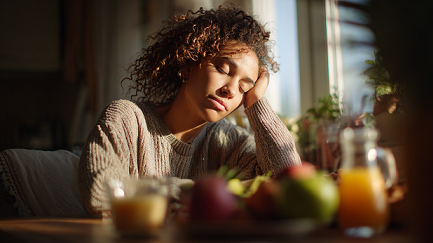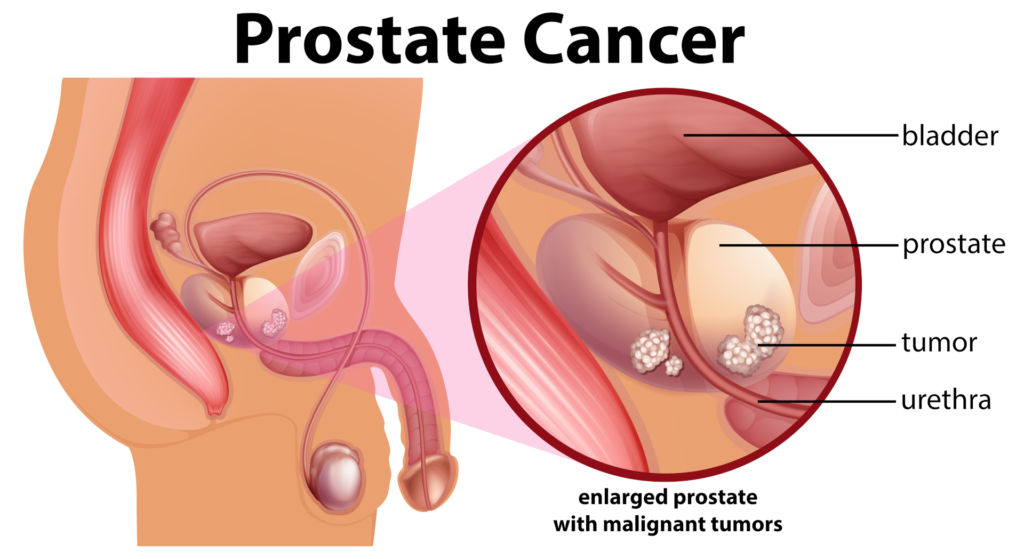Eating healthy but still exhausted? Your diet may not be the problem — hidden factors like sleep, stress, and missing nutrients could be draining your energy. Discover five surprising reasons you’re tired and how to fix them.
You’re eating clean. You’re choosing whole foods, drinking more water, cutting back on sugar… yet you still feel exhausted by midday. It’s frustrating and confusing, because you’re doing “everything right.”
But even on healthy diets, fatigue is more common than you might think. That’s because food isn’t the only factor determining how much energy you have. Hormones, sleep quality, nutrient absorption, stress, and even meal structuring all play critical roles.
If you’re tired of feeling tired, here are five reasons why your energy may still be low, even if your diet looks great on paper, according to Dr Darlington.
- You’re Not Eating Enough (Under-Fueling Without Realising It)
Sometimes, healthy eating slips into under-eating, and that can be totally accidental. When you’re swapping processed foods for “cleaner” options, your meals might end up being lower in calories than you think.
Why This Causes Fatigue
Your body needs a baseline amount of energy to run the basic functions: breathing, thinking, digestion, and circulation. And when you’re under-fueled, your body will slow everything down to conserve energy, and the first symptom is usually constant tiredness.
This happens often when:
- You only eat salads or very light meals.
- You skip meals while “eating healthy”
- You cut carbs too aggressively
- You train but don’t increase your intake
What Helps
- Add calorie-dense healthy foods: nuts, seeds, avocados, whole grains, eggs.
- Make sure each meal has protein, complex carbs, and healthy fats.
- Avoid massive intervals between eating if they make you tired.
- You’re eating healthy, yet key nutrients are missing
A diet can be “healthy” yet be nutrient imbalanced. Fatigue is most commonly related to deficiencies or borderline deficiencies in the following:
- Iron: Low iron affects oxygen circulation, making you feel slow and weak. For women in particular, this is quite common.
- Vitamin B12: essential for nerve and energy metabolism. Anyone who avoids meat or dairy can end up low, without knowing it.
- Magnesium: This mineral contributes to energy production and muscle recovery. Poor intake results in fatigue, headaches, and disturbed sleep.
- Vitamin D: Even with healthy eating, low sun exposure can cause fatigue, mood dips, and sluggishness.
Why This Happens
You may be consuming varied meals, yet deficient in nutrients on account of:
- Restricted food groups
- Poor absorption
- Limited meal diversity
- Consuming high amounts of low-calorie but low-nutrient foods, such as fruits and vegetables, alone.
What you can do to help is build meals with variety. Include whole grains, legumes, leafy greens, seafood, eggs, and seeds in your meals. Do not depend on just one type of food; striking a balance is what matters.
- You’re Sleeping Poorly, Even If You Think You’re Sleeping “Enough”
Diet can improve your energy, but no diet can replace good sleep. Even if you’re getting 7-8 hours, the quality of your sleep may be the issue.
Why This Happens
Healthy eating doesn’t automatically repair:
- Stress-induced light sleep
- Overactive mind at night
- Screen use close to bedtime
- Irregular sleep pattern
- Sleep interruptions: noise, late meals, alcohol
Poor sleep disrupts hormones such as cortisol, melatonin, and ghrelin, all of which play a role in making you feel either alert or drained.
Signs of Poor Sleep Quality
- You wake up tired.
- You rely on caffeine to function.
- You struggle with concentration.
- You get sleepy during the day, despite “sleeping enough.”
What Helps
- Stick to a regular sleep schedule.
- Avoid eating heavy meals before bed.
- Limit screens before bedtime.
- Form the habit of winding down with something relaxing: stretching, journaling, or reading.
- Your Stress Levels Are Draining Your Energy
You can eat the cleanest diet in the world, but if your stress levels are high, you will be fatigued. Chronic stress affects your energy far more than most people realise.
How Stress Causes Fatigue
- It keeps cortisol at elevated levels, exhausting your body.
- It disrupts sleep cycles.
- It increases inflammation.
- It affects digestion and nutrient absorption.
Signs That Stress Might Be the Cause
- You can’t even relax at night.
- You wake up tired even after sleeping.
- You feel overwhelmed most days.
What Helps
- Set boundaries around work and personal tasks
- Practice intentional rest: quiet time, gentle movement
- Take part in stress-relieving activities that you enjoy.
- Don’t rely on food alone to “fix” your energy.
- You’re Eating Healthy, But Your Meal Timing Isn’t Supporting Your Energy
Even healthy meals will cause fatigue if they are not well-balanced or well-timed. Energy drops often come from eating patterns that don’t match your body’s needs.
Common patterns that drain your energy can be;
- Skipping breakfast or delaying your first meal so long that your blood sugar dips
- Eating light early and overeating later in the day
- Not getting enough protein earlier
- Eating meals with too little carbohydrate, which your brain needs for energy
- Long gaps between meals lead to blood sugar crashes.
Feeling tired even while eating healthy doesn’t mean your effort has gone to waste; it simply means your body requires more than clean food to remain energised. Sufficient calories, proper nutrients, quality rest, balanced stress levels, and smart meal timing all work together to create an energised you.
If it does persist despite the best of efforts, it may be worth discussing with a healthcare professional to explore underlying issues. But often, small, intentional adjustments in fueling, rest, and daily routines can make an enormous difference.
Your diet is doing its part; now, it’s about supporting your body in every other way.






